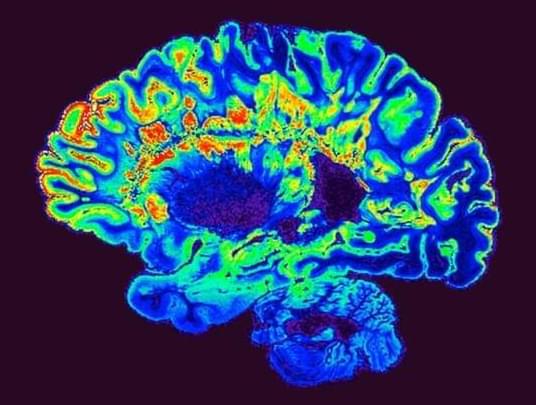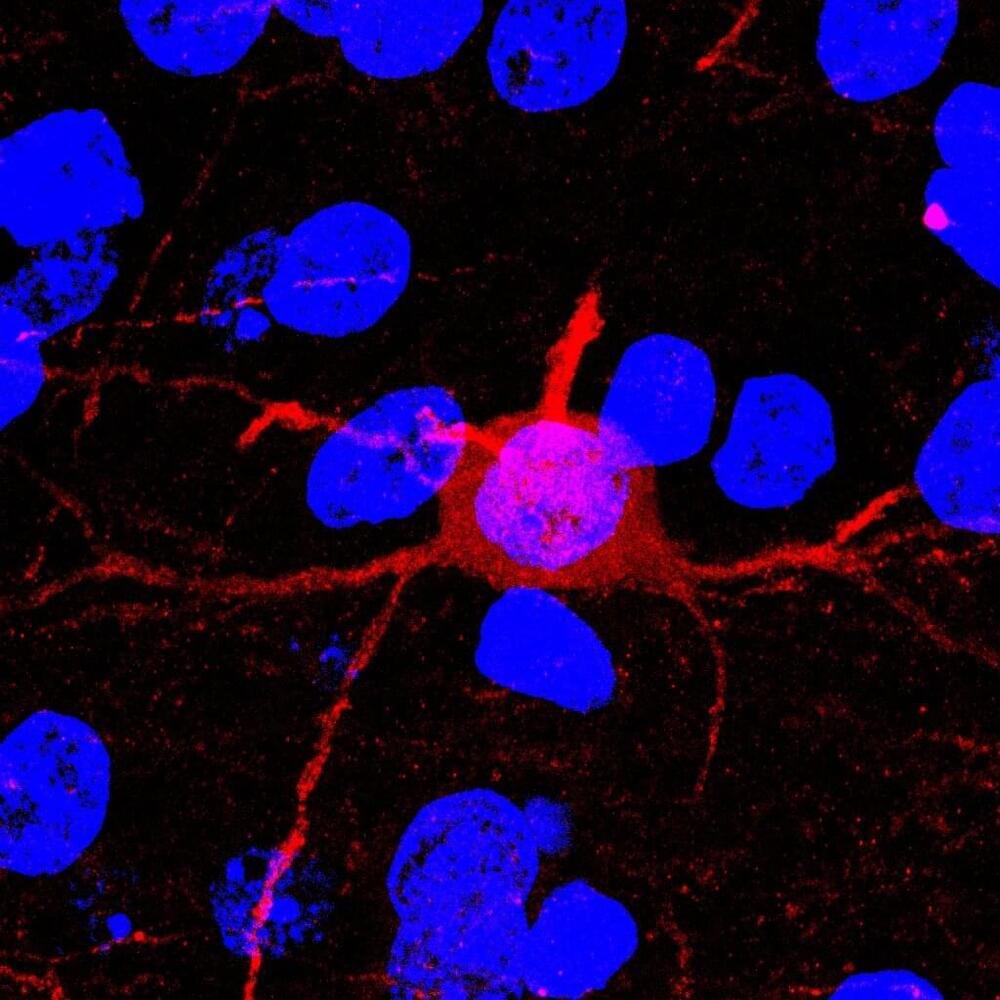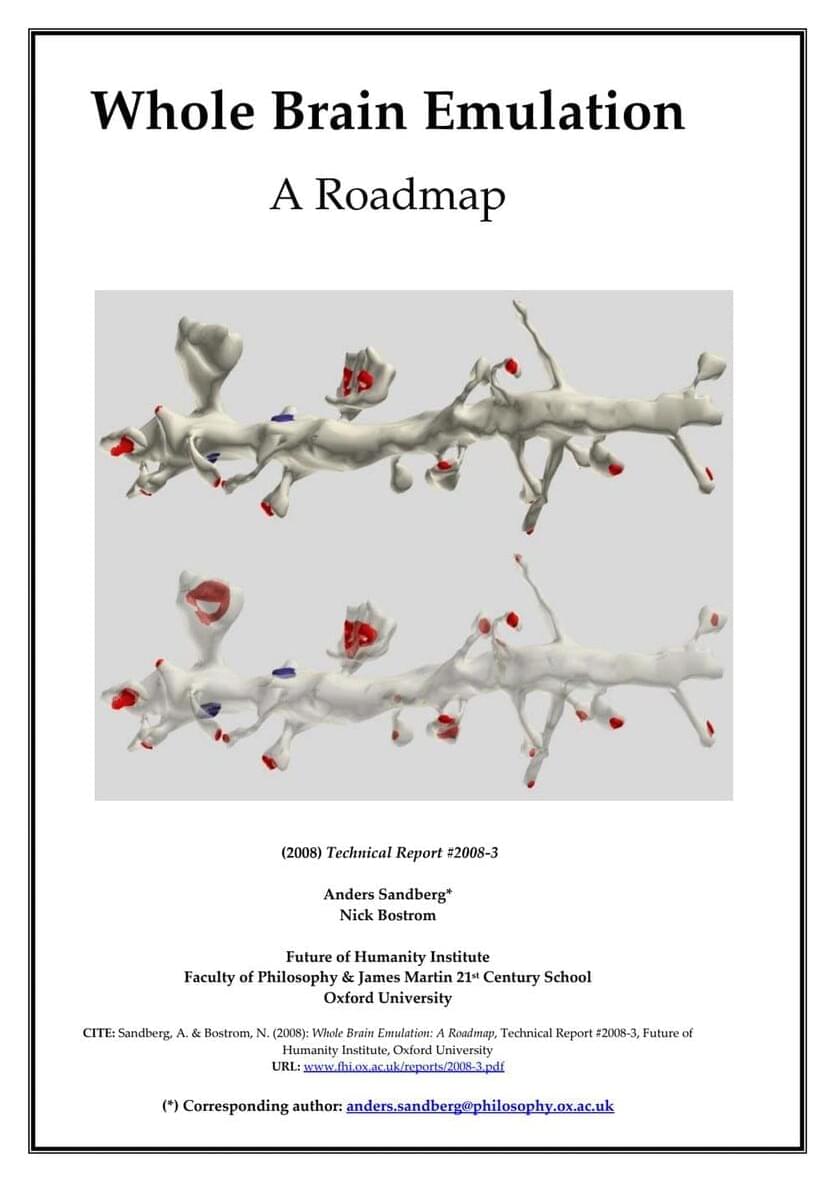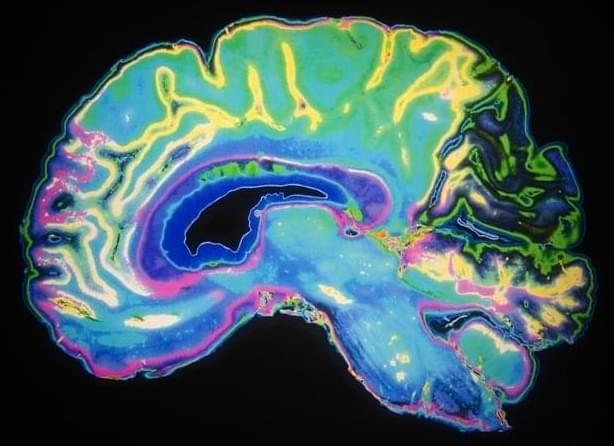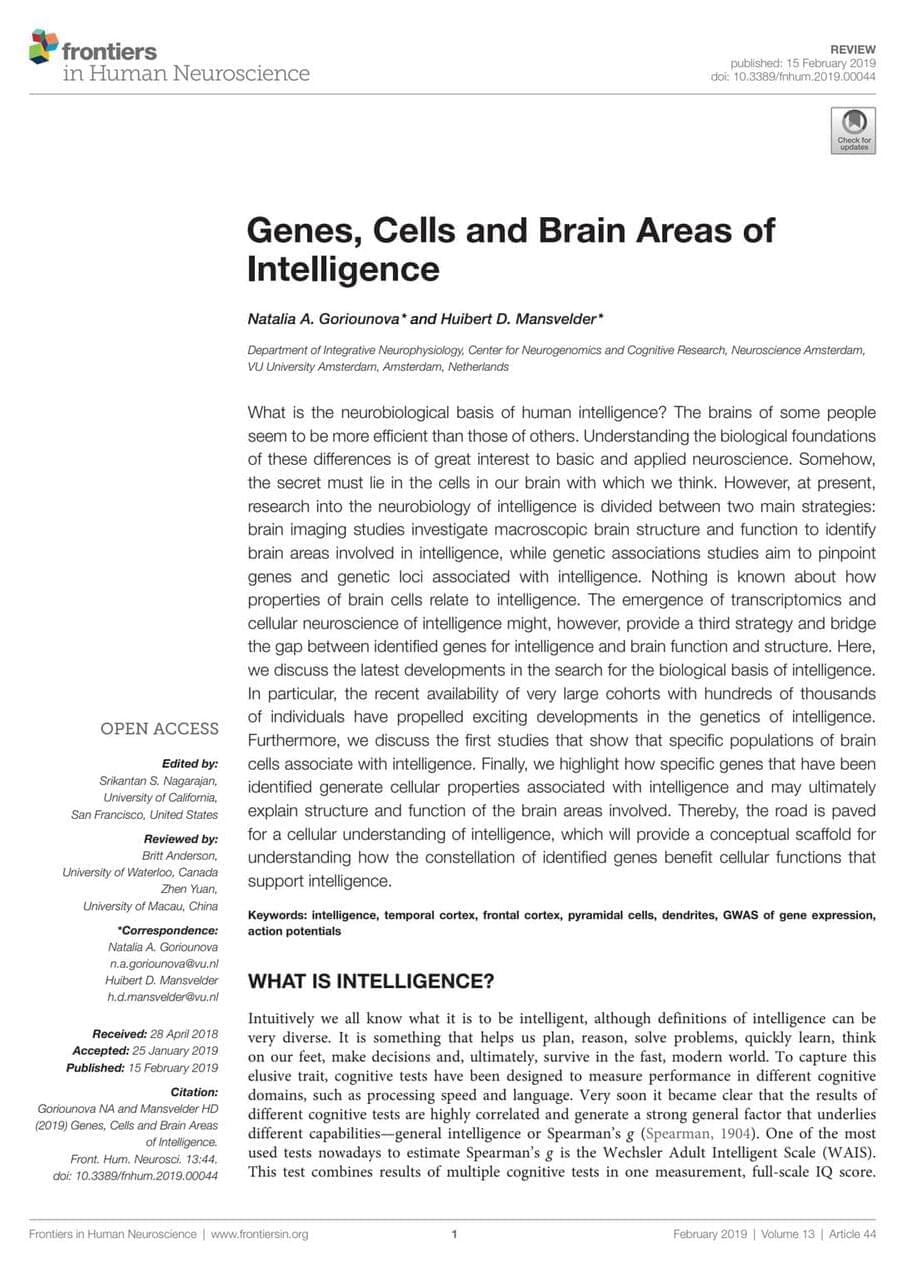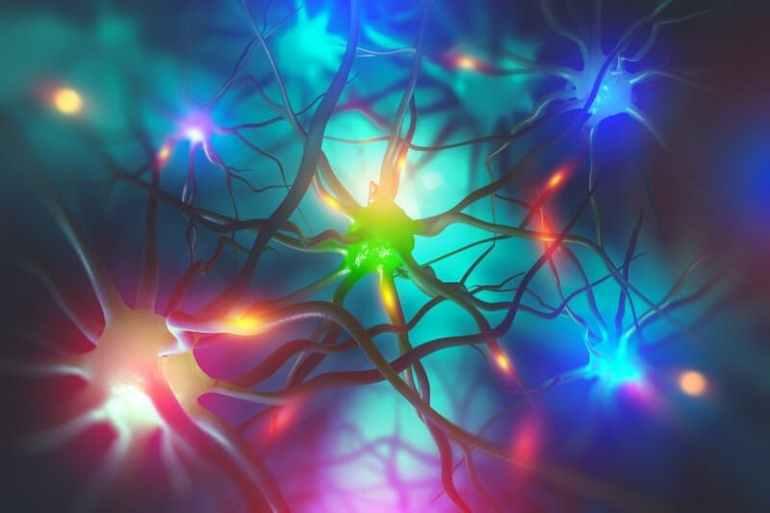A new study suggests that we may be able to prevent chronic inflammation in multiple sclerosis (MS) patients in a totally new way, by manipulating their gut microbiomes — the unique collection of microbes that live in our digestive tracts and play an important role in our health.
“We are approaching the search for multiple sclerosis therapeutics from a new direction,” said lead researcher Andrea Merchak from the University of Virginia (UVA).
Chronic inflammation: The immune system fights infections and heals injuries by sending inflammatory cells to the site of the problem. This process, inflammation, can cause pain, swelling, or other side effects, but ultimately, it’s for the greater good.
